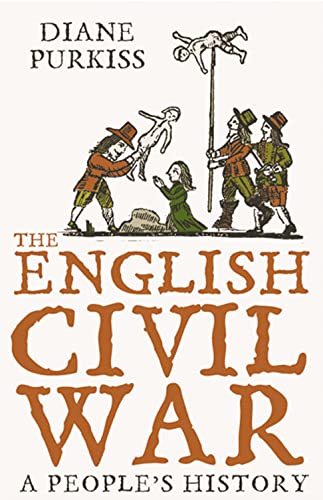



One excellent aspect of the story is that the women – half or more of the population – are returned to the cities, the battlefields, in the depths of the palace intrigues, having active parts. It is not as comfortable and convenient to handle as the traditional histories, but I've no doubt it is far more true to the reality. In her "people's history", the war is messy and confused decisions are made not by careful calculation and planning but by emotional impulse and irrational passion. They move their men - and it is always the men who get talked about - around the map of England as though they were pieces on the chessboard, but the Commonwealth ultimately has the better strategy, and so finally knocks off the king's head. On one side there's the King, haughty and distant, on the other Sir Thomas Fairfax and Oliver Cromwell, the aristocratic general and the political mastermind. There's a traditional way of telling the story of the English Civil War.


 0 kommentar(er)
0 kommentar(er)
